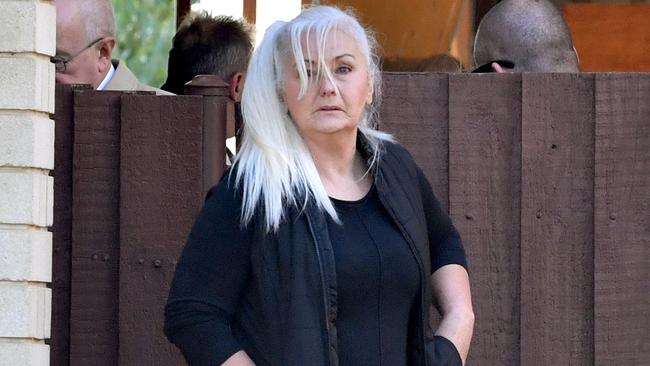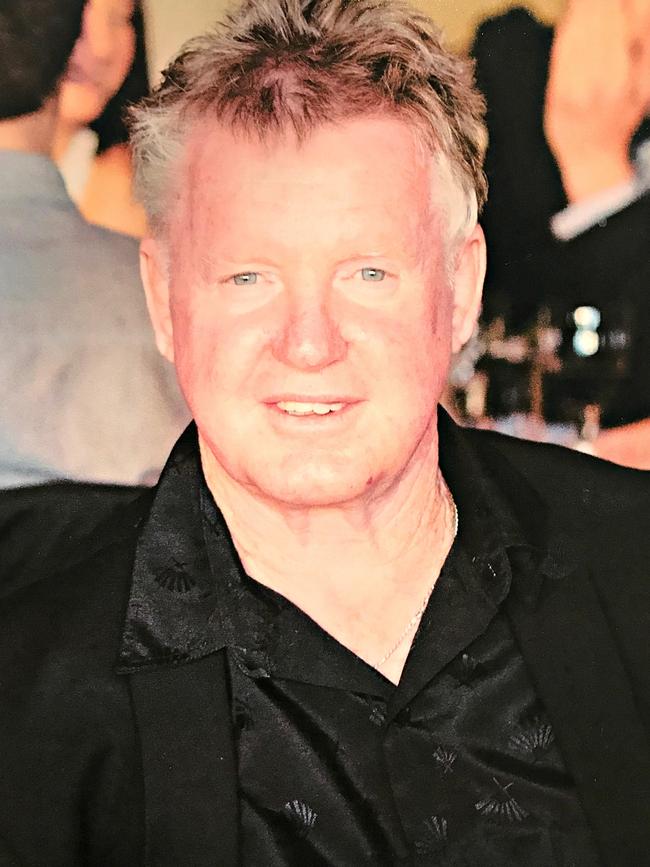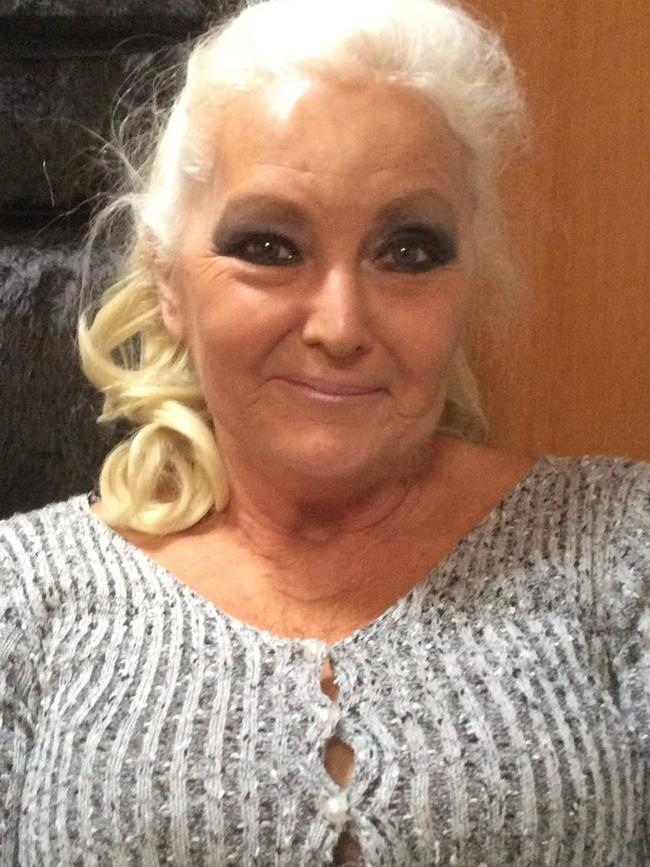Poisoning murder trial hears rift in alleged victim’s family led to ‘23 years of not talking’
The lawyer for an Adelaide woman accused of fatally poisoning her partner argues his will was genuine and the alleged victim’s siblings have not been honest about a significant family rift.

Police & Courts
Don't miss out on the headlines from Police & Courts. Followed categories will be added to My News.
Key witnesses in Wendie-Sue Dent’s murder trial have “placed a slant” on their evidence and have “not told the truth” to a Supreme Court jury, her lawyers say.
In their closing address on Thursday, Dent’s counsel suggested it was not their client who was “obsessed” with wills and estates but her lover – and alleged victim – David Lawrence.
Martin Anders SC cautioned jurors to question whether the Lawrence family had been “honest” about their ties to David and a “significant rift” between them over a past inheritance.
“The prosecution is asking you to place an enormous amount of store in the evidence of the Lawrence siblings,” he said.
“You need to assess whether they have come here to give you honest evidence or to recreate, and place a slant on, their evidence.
“This is a murder trial ... you would expect if witnesses are here and you are to rely on their evidence, that they would come and just tell the truth.
“That’s not what they have done ... they have not told the truth about this important evidence of background.”
Dent, 61, of Dapto in NSW, has pleaded not guilty to murdering Mr Lawrence in his Morphett Vale home on or about December 2, 2015.


Prosecutors allege she poisoned him with medication – including 20 100mg tablets of morphine – and falsified documents to make herself his sole beneficiary.
In a series of phone calls played to the court, Dent can be heard telling friends that Mr Lawrence had died of “asbestosis”.
On Thursday, Mr Anders said the prosecution case was “a snapshot, not the full picture” and it took jurors “down a path” of “misrepresentation and confusion”.
He said Mr Lawrence had become “preoccupied” with wills because his past experiences with a former partner who had died and his own family.
“David was obviously a good man but not a saint … not to denigrate David, not in the slightest,” he said.
He suggested evidence of discord within the Lawrence family had come out only when he cross-examined the siblings.
“There was a rift (within the Lawrences) over their father’s estate ... it was alleged David had taken their father’s tools,” he said.
“There was 23 years of no talking ... that’s a significant rift, 23 years of not talking to your sister who lives minutes away from you. That’s a family marked by division.”
He said multiple witnesses had given evidence that Mr Lawrence had talked about, and drafted, a will.
“Who had that fixation with matters testamentary? Who brought that into the relationship? Very clearly, it was David,” he said.
“David, because of his experiences with wills and estates, was somewhat obsessed with them ... he brought that obsession into his relationship with Wendie.”
Mr Anders rejected the prosecution’s assertion, throughout the trial, that the will was “a furphy, a fake”.
“The will was authored by David, it was his will, it was his expression of his wishes, it was not Wendie’s idea,” he said.
“It was not a furphy – far from it.”
The trial, before Justice Tim Stanley, continues.

